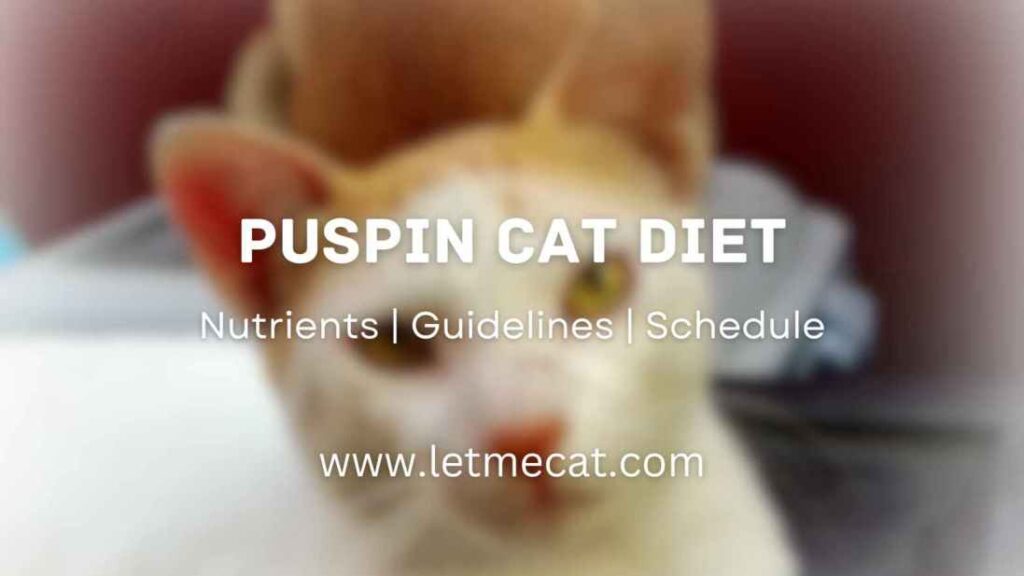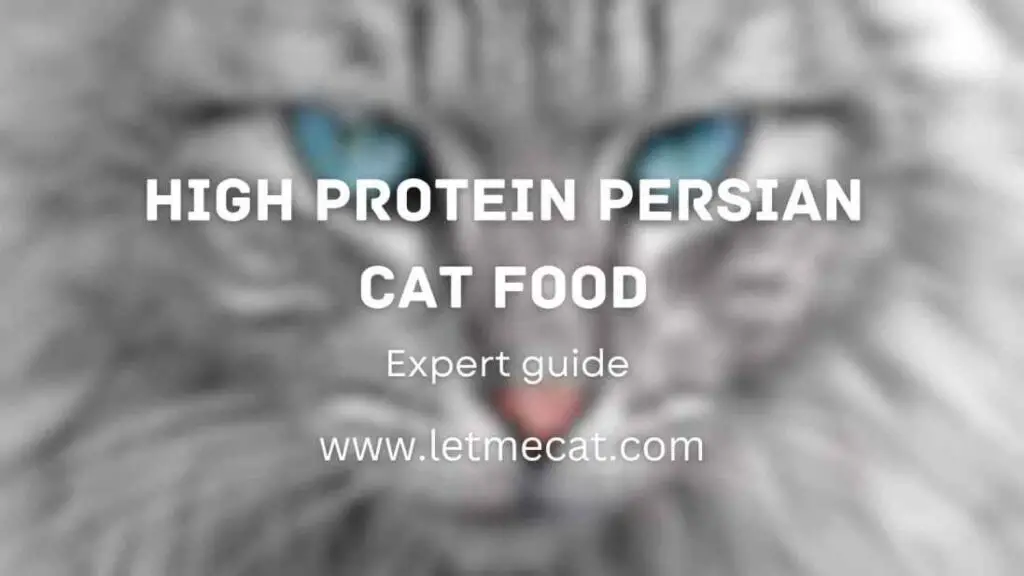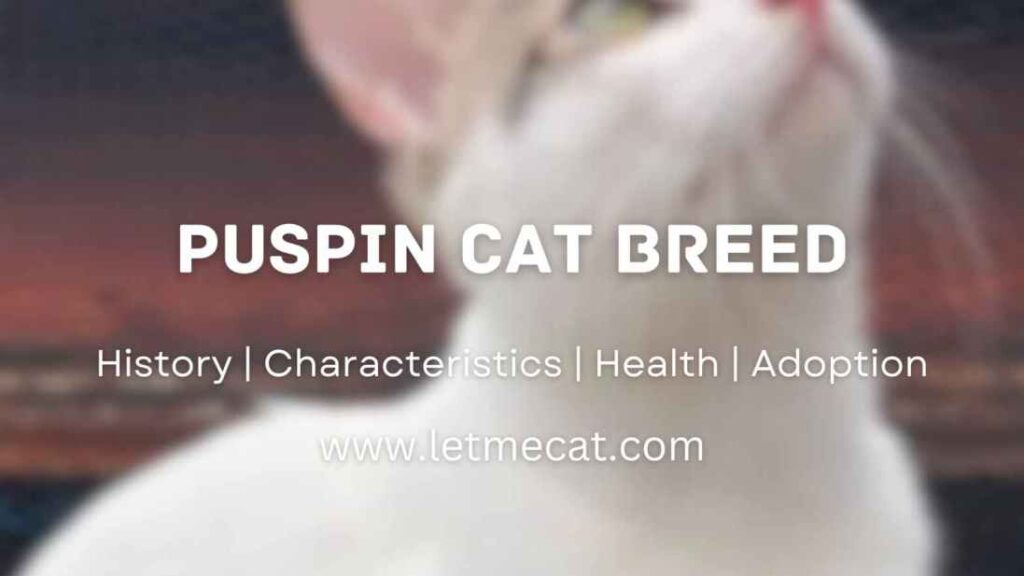In this article, we will explore the dietary needs of puspin cats, including their nutritional requirements, feeding guidelines, and tips for maintaining a healthy diet. So let’s get right into it.
1. Understanding the Nutritional Needs of Puspin Cats
Puspin cats require a well-balanced diet that includes proteins, fats, carbohydrates, vitamins, and minerals. Proteins are particularly important for their growth, development, and maintenance of healthy muscles. Cats are obligate carnivores, meaning their bodies are designed to thrive on animal-based proteins. Therefore, it is crucial to choose cat food that contains high-quality protein sources, such as chicken, fish, or turkey.
2. Choosing the Right Cat Food
When selecting cat food for your puspin, opt for a premium brand that offers complete and balanced nutrition. Look for products that are specifically formulated for adult cats or kittens, depending on the age of your cat. Check the label for the Association of American Feed Control Officials (AAFCO) statement to ensure that the food meets the required nutritional standards.
3. Essential Nutrients for Puspin Cats
Puspin cats require certain essential nutrients to support their overall health. These include:
- Protein – As mentioned earlier, protein is crucial for the growth and maintenance of muscles.
- Fats: Healthy fats provide energy and help maintain healthy skin and coat.
- Carbohydrates – While cats have a limited ability to digest carbohydrates, they can still benefit from small amounts of easily digestible carbohydrates for energy.
- Vitamins and Minerals – Puspin cats need a variety of vitamins and minerals, including vitamins A, D, E, and B-complex vitamins, as well as minerals like calcium and phosphorus.
4. Feeding Guidelines for Puspin Cats
It is important to follow the feeding guidelines provided by the cat food manufacturer. These guidelines usually suggest the recommended daily portion based on your cat’s weight and age. However, keep in mind that every cat is unique, and individual dietary needs may vary. Monitor your cat’s weight and body condition regularly and adjust the portion sizes accordingly to maintain a healthy weight.
5. Healthy Treats for Puspin Cats
Treats can be a great way to reward your puspin cat or provide additional mental stimulation. However, it is important to choose healthy treats that complement their regular diet. Look for treats that are specifically formulated for cats and avoid offering them human food, as certain ingredients can be harmful to their health. Treats should only make up a small portion of their overall daily calorie intake.
6. Common Dietary Issues in Puspin Cats
Puspin cats, like any other cat breed, may experience certain dietary issues. These can include food allergies, sensitivities, or digestive problems. If you notice any signs of gastrointestinal distress, such as vomiting or diarrhea, consult with your veterinarian to rule out any underlying medical conditions and determine the best course of action.
7. Hydration and Water Intake
Proper hydration is vital for puspin cats. Ensure that your cat has access to fresh and clean water at all times. Some cats may prefer running water, so providing a cat water fountain can encourage them to drink more. Wet cat food can also contribute to their water intake and help prevent dehydration.
8. Feeding Schedule and Portion Control
Establishing a feeding schedule can help regulate your puspin cat’s appetite and prevent overeating. Divide the daily recommended portion into several small meals throughout the day. This approach also mimics their natural hunting behavior, as cats are naturally inclined to eat multiple small meals in a day. Additionally, be mindful of portion control to avoid excessive weight gain.
9. Weight Management for Puspin Cats
Maintaining a healthy weight is crucial for puspin cats. Obesity can lead to various health problems, such as diabetes, joint issues, and cardiovascular issues. If your cat is overweight, consult with your veterinarian to develop a weight management plan that includes a balanced diet and regular exercise.
10. Signs of a Healthy Diet
A proper diet can contribute to your puspin cat’s overall well-being. Signs of a healthy diet include a glossy and soft coat, good energy levels, healthy weight, and regular bowel movements. If you notice any changes in their appearance, behavior, or appetite, consult with your veterinarian to address any potential health concerns.
11. The Importance of Regular Veterinary Check-ups
Regular veterinary check-ups are essential for monitoring your puspin cat’s health. Your veterinarian can assess their nutritional needs, provide guidance on their diet, and address any concerns or issues that may arise. Routine examinations and preventive care can help catch and treat any potential health problems early on.
12. Homemade Diets vs. Commercial Cat Food
While some cat owners prefer homemade diets for their pets, it is important to approach them with caution. Homemade diets require careful planning and knowledge of feline nutritional requirements to ensure that all essential nutrients are included. If you choose to feed your puspin cat a homemade diet, consult with a veterinarian or a veterinary nutritionist to ensure it is nutritionally balanced.
13. Transitioning to a New Diet
If you need to switch your puspin cat’s diet, it is important to do so gradually. Sudden changes in diet can cause gastrointestinal upset. Start by mixing a small portion of the new food with their current food and gradually increase the proportion of the new food over several days. This allows their digestive system to adjust and minimizes the risk of digestive disturbances.
14. Handling Picky Eaters
Some puspin cats can be picky eaters, making it challenging to find a diet that suits their preferences. Experiment with different flavors and textures of cat food to find the ones they enjoy. If necessary, consult with your veterinarian for recommendations on enticing picky eaters and ensuring they receive proper nutrition.
Conclusion
In conclusion, providing a well-balanced and nutritious diet is essential for the health and happiness of your puspin cat. Understanding their nutritional needs, choosing the right cat food, and following feeding guidelines will go a long way in ensuring their well-being.
Regular veterinary check-ups, proper hydration, weight management, and addressing any dietary issues are key to maintaining optimal health. By taking these steps, you can provide your puspin cat with a diet that supports its overall vitality and longevity. Thank you for reading.



